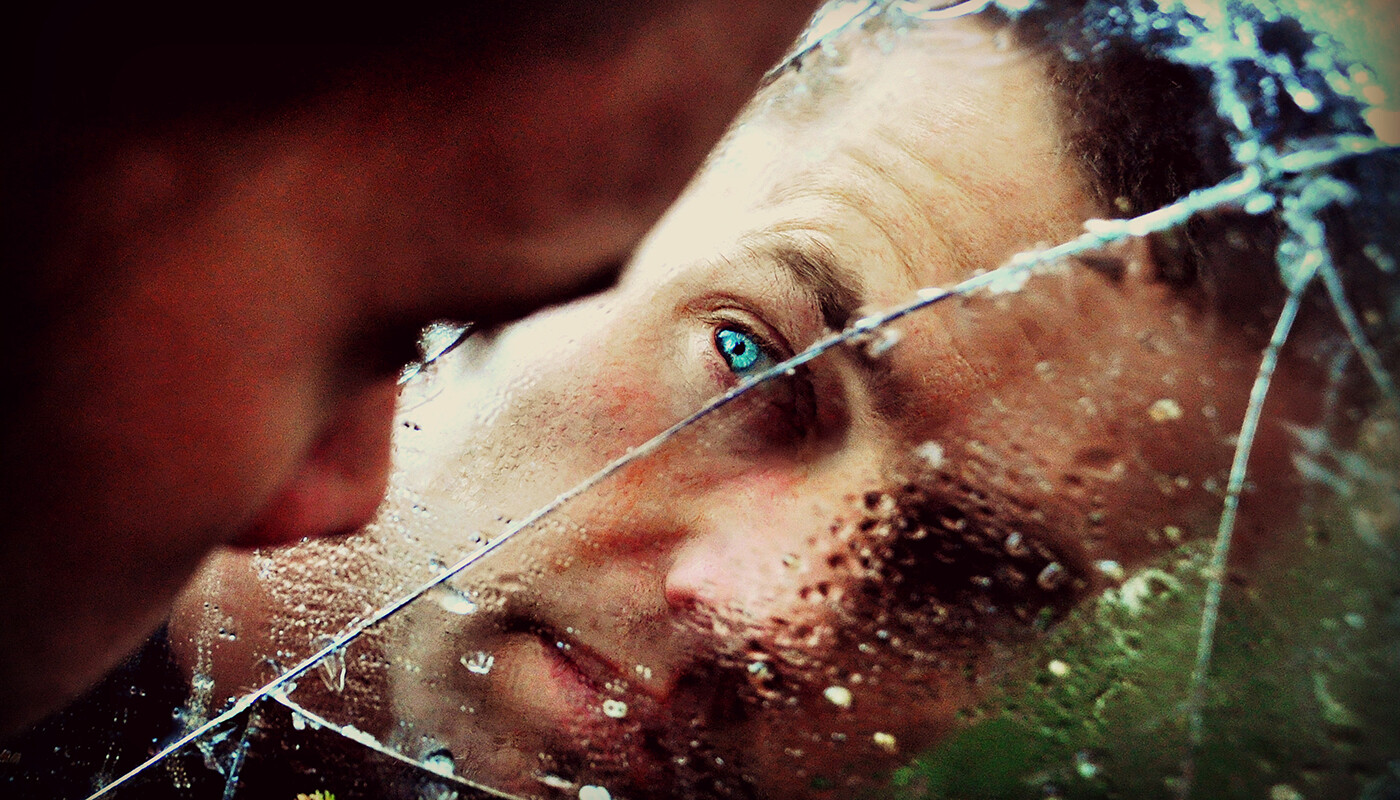
Schizophrenia is a psychosis, that is, a condition in which the suffering person perceives or interprets reality in a bizarre fashion, rather than in a realistic, objective way. Furthermore, the patient is unaware of the fact that his way of thinking is affected. For example, a psychotic person may hear voices telling him that he is Napoleon or that he has been anointed for some special mission. He may believe that those voices are being broadcast to him through a television program, and he can’t understand why no one else can see this.
The onset of the illness is usually during late adolescence or early adulthood, and it affects males and females equally. The disorder is much more common in relatives of schizophrenics, so there seems to be a family tendency for the disease.
The most common disturbances are in the following areas:
- Content of thought – The schizophrenic experiences delusions (illogical ideas or beliefs that would be regarded as impossible in the person’s cultural setting).
- Form of thought – The person frequently can’t express his ideas in a coherent way. His train of thought may be impossible to follow.
- Perception – He may experience hallucinations, most commonly auditory (hearing voices or sounds), but also visual (seeing things), or tactile (tingling, burning sensations). The person may hear a single voice or several voices commenting on his performance, desires or behavior.
- Affect – The person may be unable to express appropriate emotions. For example, he or she may laugh when telling a sad story, or have a dull expression while complaining of being terrified. At times, he may be totally expressionless.
- Sense of self – The feeling of individuality and uniqueness that we carry with us, of being God’s individual creation, is lost. The person may feel confused about his own existence.
- Volition – Characteristically, there is a loss of will power and a lack of motivation to strive. This is a very serious obstacle in the recovery process because this lack of drive tends to persist and stunt progress after the more acute symptoms have disappeared or been controlled by medication.
- Interpersonal functioning – Typically, schizophrenics experience withdrawal and social detachment. At other times, the person may become intrusive to others, unaware that he may appear threatening to strangers.
- Psychomotor behavior – There may be a marked decease in activity with the patient remaining practically motionless for hours at a time (a condition called catatonia), or there may be exaggerated motor activity (hyperactivity).
The course of the illness is usually chronic, with periods of remission and occasional relapses. Usually the person doesn’t return to the level of performance he had attained before the illness. Some, however, recover with few residual symptoms. During relapse, the most florid symptoms (hallucinations, delusions) are usually present. The patient may reject the idea that he is ill and, therefore, he may refuse to take medication. A period of progressive withdrawal from people or of increased suspiciousness usually precedes the relapse. During remission, the patient is frequently able to recognize the
lack of logical thinking during his relapse. The disturbances of affect and volition, however, may remain.
At this time, the family should understand that the condition might not be considered totally curable, but that therapy and medication can dramatically help the patient’s symptoms. Furthermore, the success of the treatment is definitely associated with the family’s support and involvement.
The medications used to treat the symptoms (and prevent relapses) often have unpleasant side effects, and it is extremely important that family and friends of the patient provide all family, social, and medical history possible to assist in the treatment process. During the last few years, new medications have been developed that give us new hope for effective treatment for the disease with minimal side effects. Additional psychotherapy helps the schizophrenic learn to make good decisions and build more healthy relationships. The combination of proper medication and therapy can produce life-changing results.
